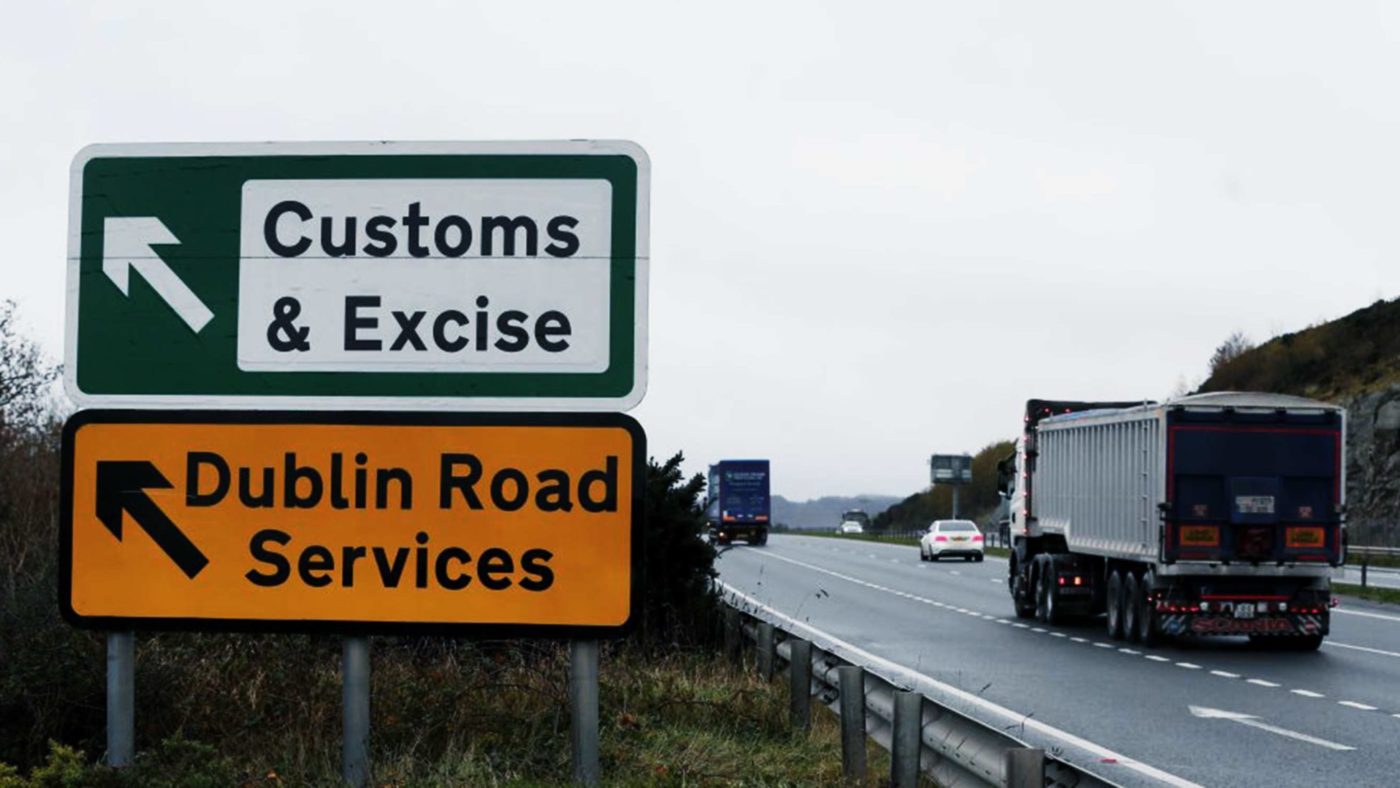Over the last week there has much excitement about the views of Remainer Tory MP Tobias Elwood and Tory leaver former MEP Daniel Hannan that it would have been better for the UK to have stayed in the Single European market. They have claimed that doing so would have helped deal with the cost of living crisis and the political, civic and economic problems caused by the Northern Ireland Protocol (NIP).
Nothing could be further from the truth. The cost of living issues have arisen from the lockdown policy across the world which has interrupted global supply chains and the war in Ukraine. EU countries are suffering the same inflationary problems as a result of this lethal combination of self inflicted economic problems.
As far as staying in the single market is concerned, it is wrong to say that the problems with the Protocol would have been avoided had a different form of Brexit been agreed. Apart from the fact that such a course of action would have been contrary to the desires of the electorate expressed in the referendum, the same problems would have still emerged unless the UK had agreed to stay in the EU customs union as well. Had that been the case then there was little point in leaving the EU, and the freedoms to set our own trade deals which are already bearing fruit would have been lost.
The negative impacts of the NIP stemmed from the fact that it keeps Northern Ireland, which is part of the UK, in the EU single market. Constitutionally this separates NI from the country we belong to because 60% of our laws are made in Brussels, not London or Belfast. Due to the fact that NI now operates under a different set of laws from the rest of the UK, border posts have had to be set up checking goods coming from Great Britain.
In other words the EU economic and political boundary is now drawn inside the UK. Since the Act of Union, which forms the constitutional basis of the UK, ensures that there would be no impediments to trade within the UK, it therefore had to be implicitly amended – in contradiction to the assurances given in the Good Friday Agreement. As David Trimble, the unionist author of the GFA said, the NIP ripped up the carefully crafted agreement by removing the central pillar of consent to changes in the status of NI.
This has in turn led to the collapse of the province’s political institutions. Finally, the economic impact has been enormous. Transport costs into NI have gone up by 27% due to additional bureaucracy; the extra costs to NI businesses have amounted to £1bn a year; and hundreds of firms have stopped supplying to NI because it’s too expensive to do so
Had the UK stayed in the single market, it is argued, there would have been no need for these measures to safeguard the EU internal market. This is not true. One of the big gains of Brexit was leaving the EU customs union. This should enable freer trade which will reduce prices to consumers, especially for those food products which were highly protected by the EU. It also gives the UK the ability to negotiate deals which give us access to growing markets, and which the EU was less than enthusiastic about. Had the UK stayed inside the single market but left the customs union, checks would still be needed at NI ports to prevent it becoming a ‘backdoor’ into the EU.
All of the same issues raised by the Protocol would have emerged. All goods coming into NI would require paperwork about countries of origin and EU compliance. The EU border would still have to exist at points of entry into NI The UK single market would still be split. Unionist consent to changes in our position within the UK would still have been overridden. Economic disruption would still occur, and NI consumers would be denied the range of goods available in the rest of the UK. EU laws relating to imported goods would have to apply in NI without input into those laws from the people of NI. In other words, the democratic deficit of the NIP would still exist, and we would still be treated differently from the rest of the country we belong to.
Staying in the single market may appeal to those who opposed the referendum result, but it cannot be claimed it would solve the massive problems thrown up by the NIP. There is of course a workable solution in the form of mutual enforcement of regulations by the EU and the UK in respect of trade across the border between Ireland and Northern Ireland. This is what the UK Government is working towards, and a willingness by the EU to put such an arrangement in place would defuse present tensions and safeguard the internal markets of both sides.
Click here to subscribe to our daily briefing – the best pieces from CapX and across the web.
CapX depends on the generosity of its readers. If you value what we do, please consider making a donation.


